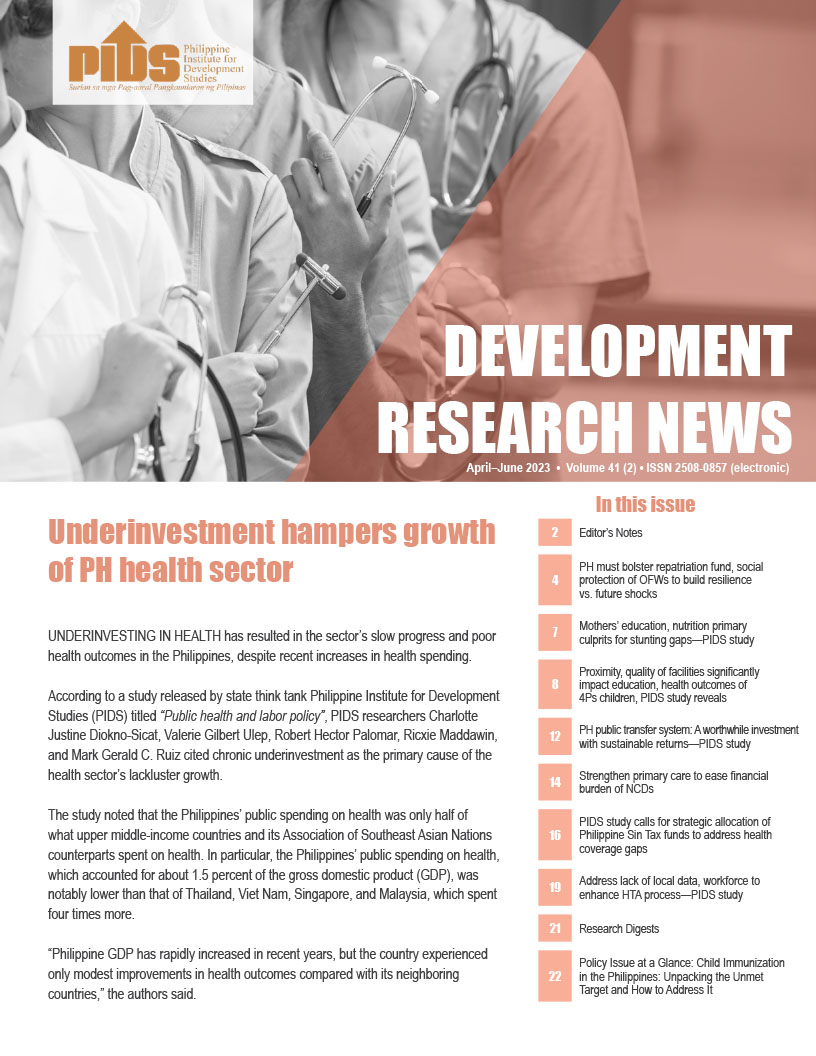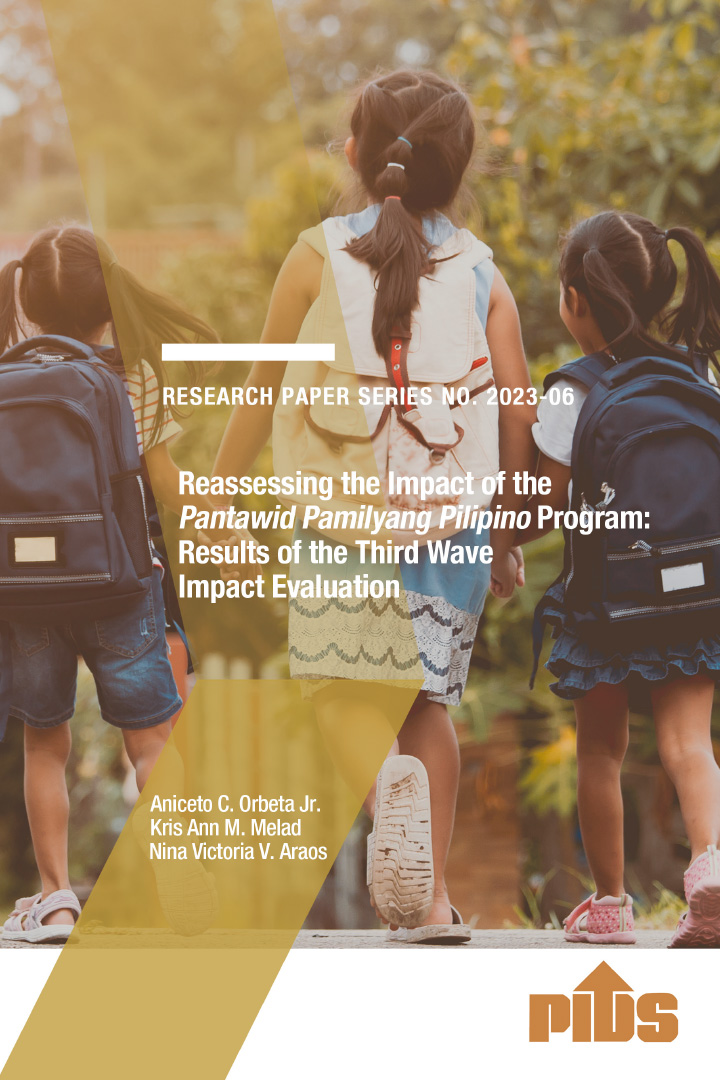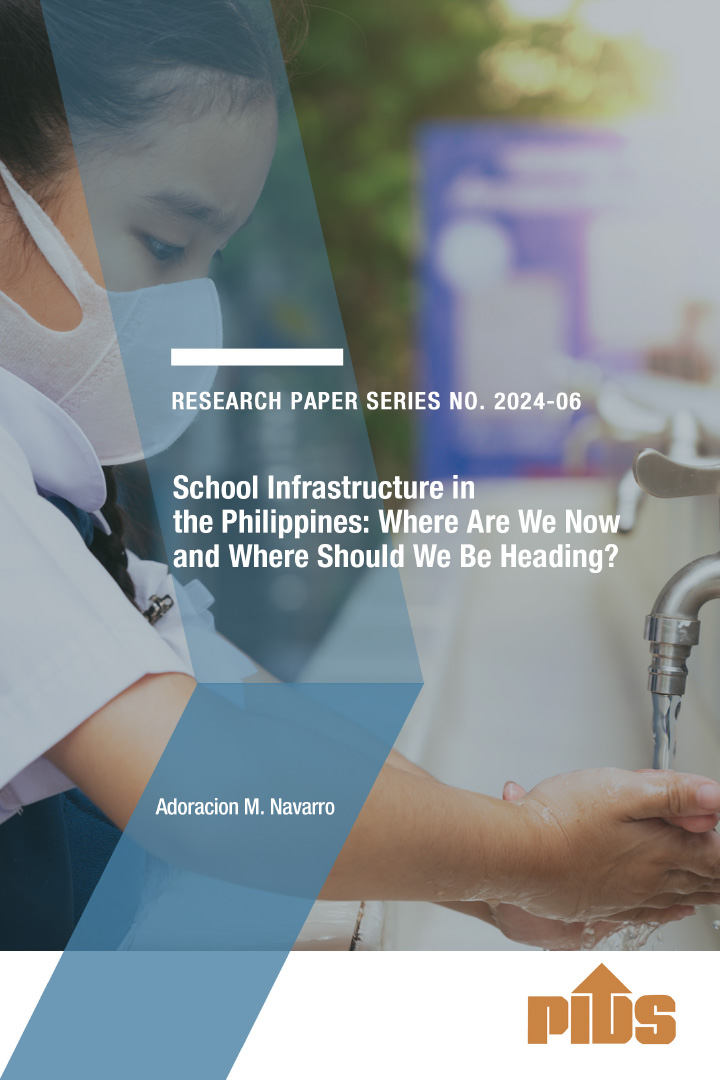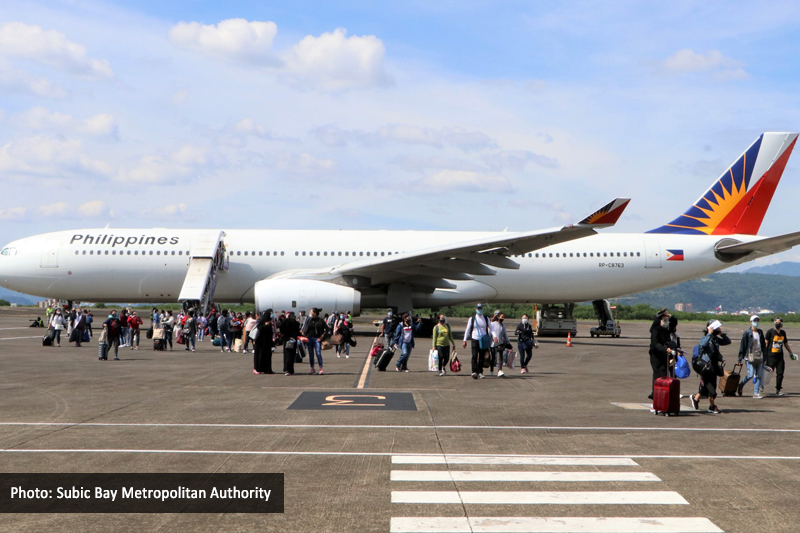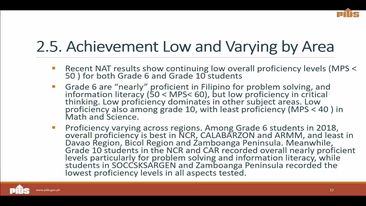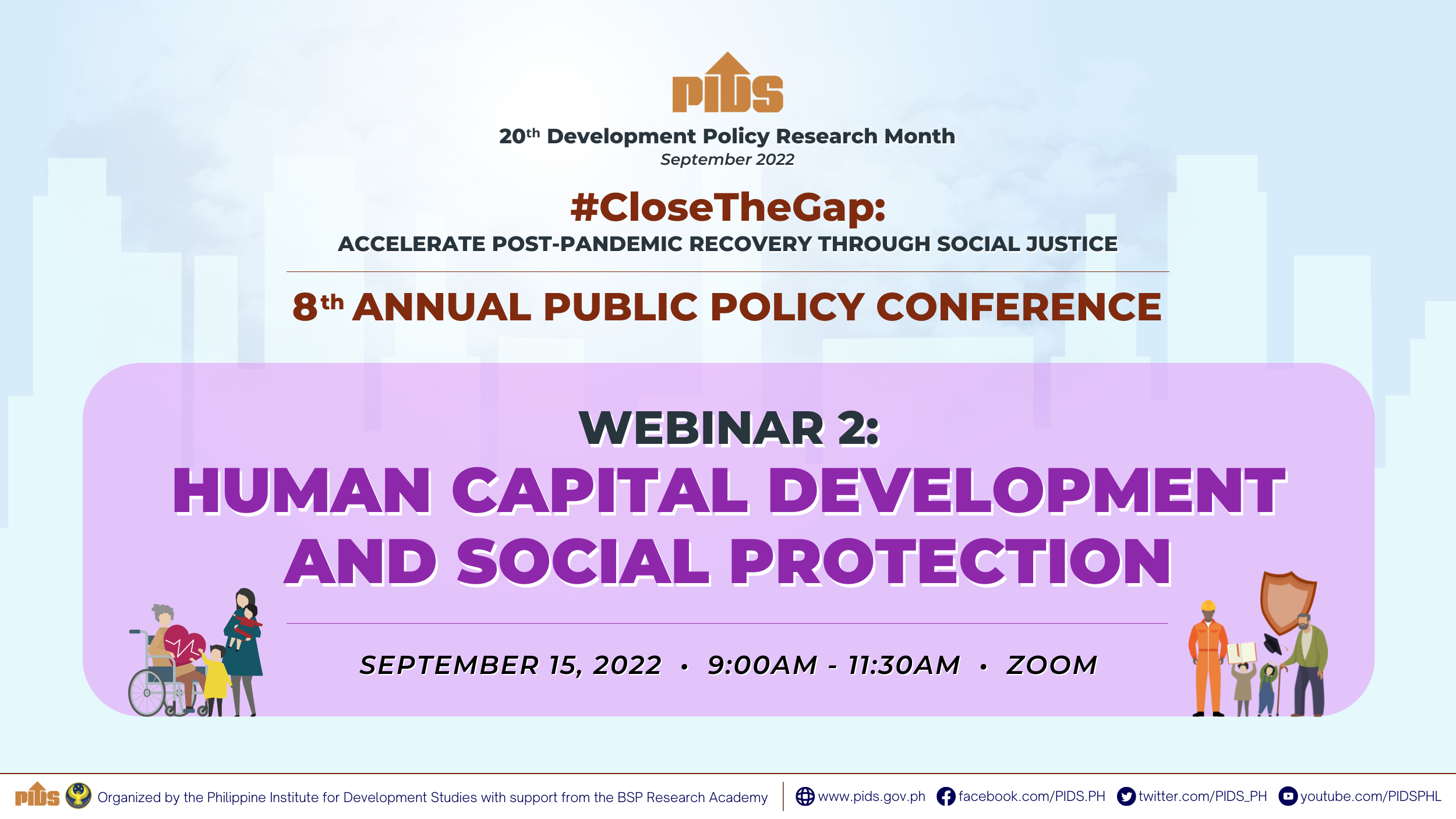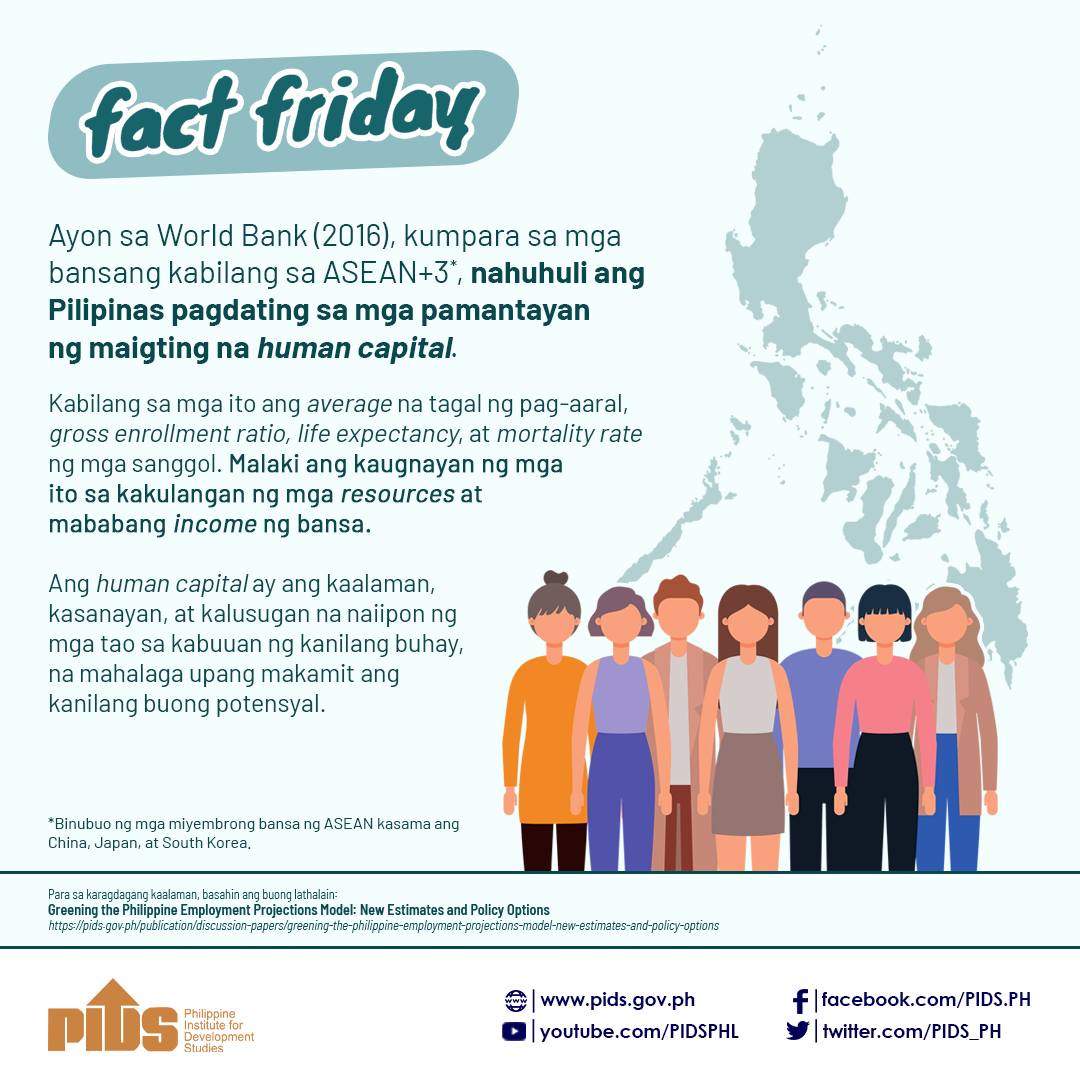TO provide employment and income opportunities in the area, the House of Representatives has declared San Jose del Monte, Bulacan, as the “Human Resource Capital” of the Philippines.
This after the lower chamber approved on third and final reading last week House Bill 2378, which mandates that the Department of Labor and Employment, the Technical Education and Skills Development Authority and the Department of Trade and Industry, in coordination with the city government of San Jose Del Monte, to formulate policies and implement plans and programs for the enhancement of the city’s human resources.
These plans and programs include the establishment of training centers, the delivery of skills and livelihood training programs and the promotion of quality technical-vocational education
House Committee on People’s Participation Chairman Florida P. Robes of San Jose del Monte City said the city houses at least 40 relocation projects constructed by the national government through the National Housing Authority, as well as more than 150 residential subdivisions.
“However, most of the beneficiaries of the housing project are forced to sell up their properties because there are no employment and income opportunities available to them,” said Robes, the principal author of the bill. “As such, they revert back to squatting or worse, sell their houses at a lower price. And the problem continues.”
“The intent of this legislative proposal is premised on the second way, which is to provide employment and income opportunities by tapping human capabilities,” she added.
According to Robes, the Philippines ranks 46th with a score of 71.24 in terms of human capital endowment.
“Unfortunately, development of human capital locally has been neglected. The skills and capabilities of our people are not put to productive use within our country,” she said. “Most of our skilled workers prefer to work abroad best of employment opportunities here.”
Citing the Philippine Institute for Development Studies, Robes also said poverty incidence in the country can be addressed in two ways. One is by improving educational service to increase the productive potential of marginalized sectors. The second is to provide employment and income opportunities for the poor to afford quality education in order to compete in the labor markets.
“If this proposal is approved [into law], it will entice investments on human resource. Companies will consider establishing the businesses in the district,” Robes said. “As a human resource capital, the City will also become a haven to training institutes that will enhance the capabilities of the residents of the City as well from neighboring towns.”
The lawmaker added the approval is deemed a response to the call to alleviate poverty by tapping human resource as a means to improve the economy.
This after the lower chamber approved on third and final reading last week House Bill 2378, which mandates that the Department of Labor and Employment, the Technical Education and Skills Development Authority and the Department of Trade and Industry, in coordination with the city government of San Jose Del Monte, to formulate policies and implement plans and programs for the enhancement of the city’s human resources.
These plans and programs include the establishment of training centers, the delivery of skills and livelihood training programs and the promotion of quality technical-vocational education
House Committee on People’s Participation Chairman Florida P. Robes of San Jose del Monte City said the city houses at least 40 relocation projects constructed by the national government through the National Housing Authority, as well as more than 150 residential subdivisions.
“However, most of the beneficiaries of the housing project are forced to sell up their properties because there are no employment and income opportunities available to them,” said Robes, the principal author of the bill. “As such, they revert back to squatting or worse, sell their houses at a lower price. And the problem continues.”
“The intent of this legislative proposal is premised on the second way, which is to provide employment and income opportunities by tapping human capabilities,” she added.
According to Robes, the Philippines ranks 46th with a score of 71.24 in terms of human capital endowment.
“Unfortunately, development of human capital locally has been neglected. The skills and capabilities of our people are not put to productive use within our country,” she said. “Most of our skilled workers prefer to work abroad best of employment opportunities here.”
Citing the Philippine Institute for Development Studies, Robes also said poverty incidence in the country can be addressed in two ways. One is by improving educational service to increase the productive potential of marginalized sectors. The second is to provide employment and income opportunities for the poor to afford quality education in order to compete in the labor markets.
“If this proposal is approved [into law], it will entice investments on human resource. Companies will consider establishing the businesses in the district,” Robes said. “As a human resource capital, the City will also become a haven to training institutes that will enhance the capabilities of the residents of the City as well from neighboring towns.”
The lawmaker added the approval is deemed a response to the call to alleviate poverty by tapping human resource as a means to improve the economy.

